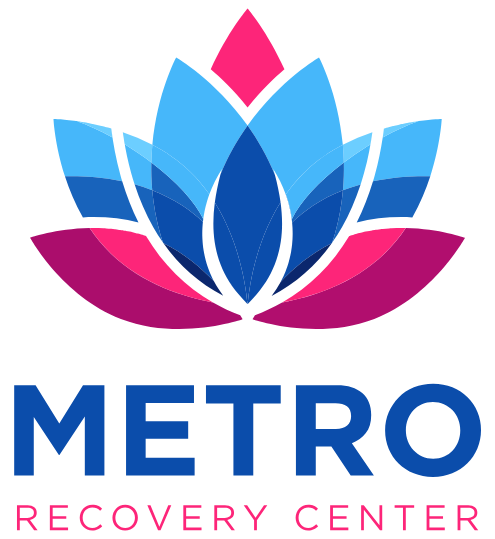Co-Occurring Disorder Assessment
Mental Health and Addiction Don’t Exist in Isolation—So Why Should Treatment
If you’ve ever been told that your depression “is just withdrawal,” or your substance use “is a symptom of bipolar disorder,” you’ve seen firsthand how broken the system can be. At Metro Recovery Center, we take a different approach—because we know that co-occurring disorders are the rule, not the exception.
Our Co-Occurring Disorder Assessment is a comprehensive process designed to understand how your mental health and substance use interact, so we can build a treatment plan that works on both fronts—not just half of the problem.
What Are Co-Occurring Disorders
- One or more mental health conditions (such as anxiety, depression, PTSD, or bipolar disorder) and
- One or more substance use disorders (such as opioid, stimulant, or alcohol use)
These conditions influence one another. If you treat one and ignore the other, both are more likely to get worse.
That’s why MRC’s model of care starts with thorough, trauma-informed, dual-diagnosis assessment.

What Our Assessment Includes
Full Clinical Evaluation
We assess for common co-occurring combinations like.
- PTSD + opioid or stimulant use
- Depression + alcohol or benzo dependence
- Bipolar disorder + heroin or fentanyl use
- Anxiety + marijuana, prescription pills, or compulsive behaviors
Treatment Planning Across Disciplines
The assessment directly informs your.
- MAT strategy (Methadone, Suboxone, Brixadi)
- Therapy plan (individual, trauma-focused, group, IOP)
- Psychiatric care (medication management, monitoring)
- Safety and relapse prevention support
Integrated Recovery Profile
We map your behavioral health history, medication response, trauma background, relapse patterns, and risk factors—creating a holistic understanding of your needs.
Differential Diagnosis
Our team distinguishes between overlapping symptoms (e.g., is this anxiety or withdrawal? Depression or trauma freeze?) to avoid mislabeling or mistreatment.
Who This Assessment Helps
- Clients with long-standing mental health symptoms that haven’t improved with medication alone
- Individuals who’ve relapsed repeatedly, often after emotional setbacks
- People who’ve been misdiagnosed, overmedicated, or misunderstood by fragmented care systems
- Clients new to treatment who want the right diagnosis the first time
- MAT patients needing deeper emotional and psychiatric support


Why MRC Excels at Co-Occurring Care
- Every therapist is trained in dual diagnosis treatment
- Our psychiatric providers understand addiction and mental illness in tandem
- We use a trauma-informed lens for every assessment
- And we build plans that reflect your reality—not a rigid model
